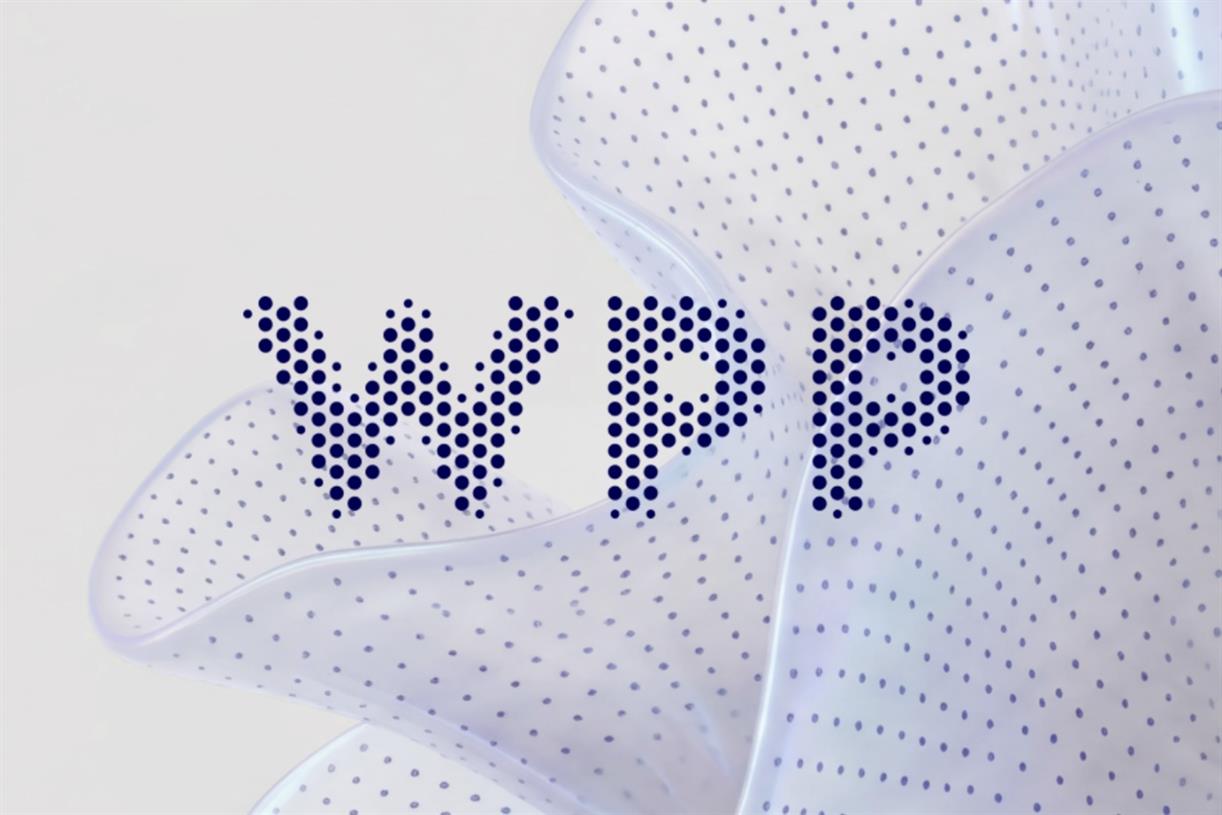With IPOs on hold even longer, tariffs spell trouble for private tech investors
The venture capital industry was already under a lot of pressure prior to the multitrillion-dollar stock market rout last week.

A VIX volatility index chart on the floor of the New York Stock Exchange (NYSE) in New York, US, on Wednesday, March 19, 2025. Federal Reserve officials held their benchmark interest rate steady for a second straight meeting, though they telegraphed expectations for slower economic growth and higher inflation.
Photographer: Michael Nagle | Bloomberg | Getty Images
Already under pressure amid last week's multitrillion-dollar stock market rout, the venture capital industry now faces an even tougher outlook amid ongoing uncertainty stemming from U.S. tariffs.
A dearth of initial public offerings or mergers and acquisitions — coupled with the trend that startups are now staying private for longer — has put immense strain on VC funds. Venture capitalists can typically only realize gains on their investments when a company goes public or is sold, allowing them to cash out.
Mere days after U.S. President Donald Trump announced plans to impose so-called reciprocal tariffs on a swathe of countries, it emerged that two major tech unicorns — fintech firm Klarna and ticketing platform StubHub — were delaying plans to go public due to a sharp plunge in global equity markets. Notably, both companies had filed initial public offering prospectuses in recent weeks.
"No one can go out with this turbulence," Tobias Bengtsdahl, a partner at VC firm Antler's Nordics fund, told CNBC on a call last week. "When the market plunges like it has now ... you have to do the same prediction on the private markets."
Tough outlook for VC
As private markets don't move in the same way public markets do, it becomes more difficult for tech startups to go out and raise capital — whether from the stock market or venture capital — as they could end up seeing their valuations go down.

"We don't change the valuations of our startups just because the stock market goes down," Antler's Bengtsdahl said. Venture-backed startups' valuations only tend to change when they're raising a new equity round.
"That has a huge impact on funds raising right now and startups raising from multi-stage investors," he added.
That could soon make it more difficult for startups — and especially growth-stage firms — to raise venture capital. Later-stage firms tend to be more exposed to swings in public markets than early-stage startups, given they're closer than most to reaching the IPO milestone.
Private markets are less liquid than public markets, meaning investors can't sell shares easily. The main way private equity owners sell part or all of their stake in a company is via an IPO or M&A — also known as an "exit." The other alternative is to sell shares to another investor on the secondary market.
"[General partners] will be under pressure from [limited partners] to make sure these exits happen," Alex Barr, partner and head of private market fund management firm Sarasin Bread Street, told CNBC last week, adding that IPOs remain a "very fickle beast to manage."
General partners are investors who manage a venture fund, whereas limited partners are institutional investors — like pension funds and hedge funds — or high-net-worth individuals who pour money into funds.
Limited partners invest in a venture fund in the hope that they'll generate sizable returns over its lifetime, which can span as long as 10 years. Early-stage funds invest in the hope that a few startups in their portfolio will generate the kind of returns outcomes like Uber and Spotify reaped for their private backers.
Hope for Europe tech?
On the bright side, the uncertainty could be a chance for Europe's private tech startups to shine, according to Sanjot Malhi, a partner at London-based venture capital firm Northzone.
"The short-term pause in IPO activity is a natural response to recent market turbulence, and we can expect to have more clarity on company positions once some sense of stability is restored," Malhi told CNBC.
He nevertheless added that, "if talent and liquidity find the U.S. environment less hospitable, that flow has to go somewhere, and Europe has a chance to benefit."
Christel Piron, CEO of startup investor PSV Foundry, told CNBC that the "silver lining" from uncertainty created by tariffs is how "Europe is moving closer together amid the turbulence."
"We're seeing more founders choosing to stay and scale here, driven by a growing sense of responsibility to help build a resilient European tech nation," Piron said.

There could also be other routes to exit for venture capital funds, according to Northzone's Malhi — including acquisitions or even so-called "down rounds" where startups raise funds at reduced valuations.
"If the global IPO window does narrow in the longer term, then we would still expect a strong M&A landscape, as stakeholders seek 'problem-solving' exits," he told CNBC.
"If that is the case, we may also see an increase in later-stage fundraises, as companies look to bridge the capital gap until they can find such opportunities, albeit at potentially lower valuations."
Further down the line, investors are holding out hope for big tech IPOs to return later into Trump's presidency. VCs had counted on the Trump administration resulting in a reinvigorated IPO market.
"A lot of people feel Trump has promised them open up the IPO market and open up the M&A market," Antler's Bengtsdahl said.
"It's now 6 months into his term," he added, noting the market can tolerate the new administration's failure to meet this pledge in its early days. "But people are demanding that it happens within his term."

 UsenB
UsenB 

























.jpg&h=630&w=1200&q=100&v=4908ac7b80&c=1)


.jpg&h=630&w=1200&q=100&v=4908ac7b80&c=1)



